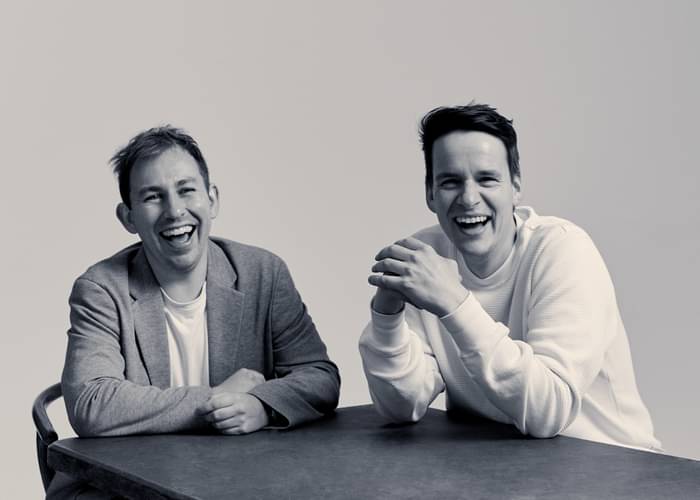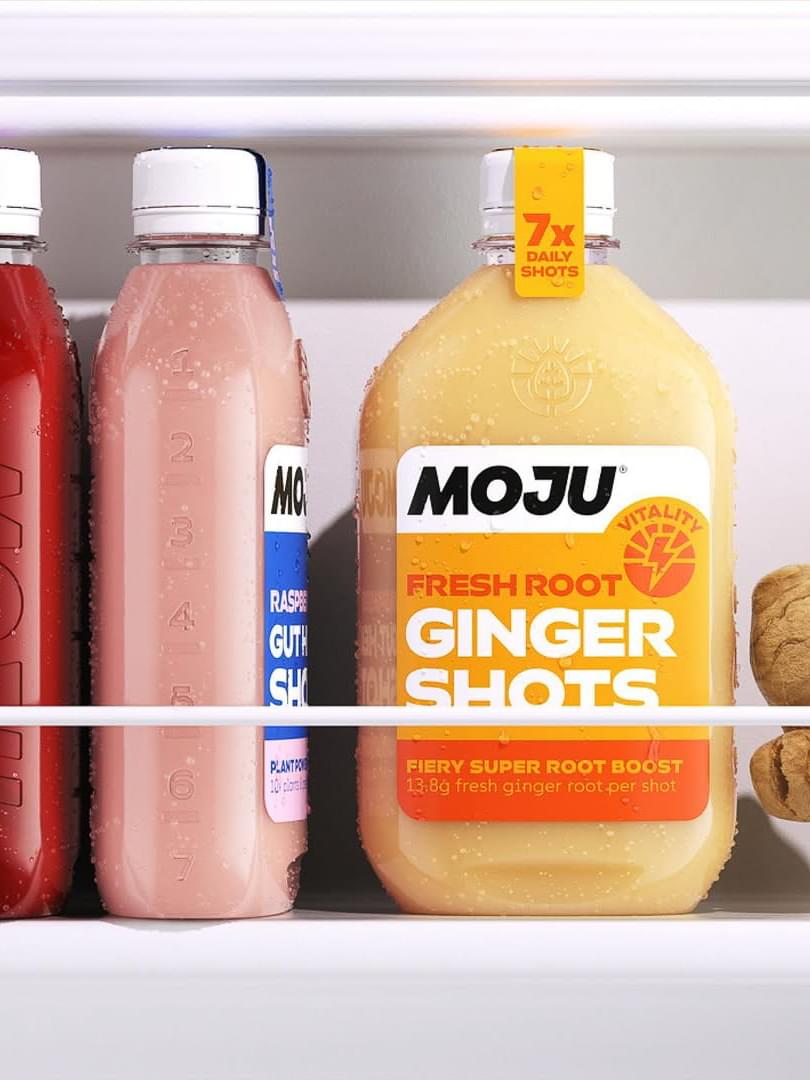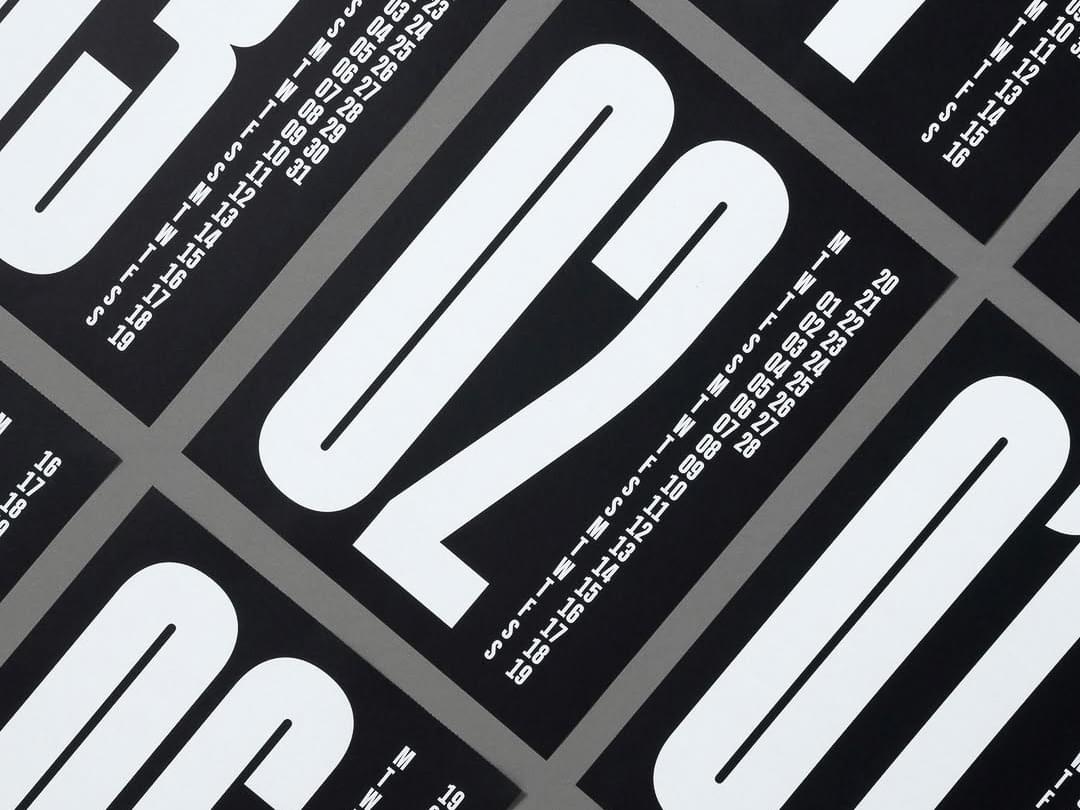
WIP What was your approach to finding your clients at the time?
AS Very low level at beginning. We used, I think the last of our student loan to print like a flyer. And then we sent it out to 500 people that we liked, and had found on the internet and then proceeded to just badger them on the phone until they met us. We had like no work, we had no clients, no money. So really you have to just try and get the wheels moving. This sort of tactics might not work as effectively now. But it was quite fun and we actually got quite a few clients from it.
WIP At the time as you were sort of building your partnership and later went on to create Colophon as well, how did your roles evolve and how did you sort of find out who was best, better, doing what and how did that dynamic of your partnership evolve?
AS So at the beginning I think we could still have it somewhere, we folded a piece of paper in half and wrote down different tasks and I think it was sort of ridiculous, like I'd make the tea, Edd would make the coffee. We found it when we sold and had to clear out the studio and 15 years of ephemera and bits we'd collected and it had on like Edd would do the accounts which we swapped around. But I think naturally we had to sort of divide and conquer. We worked out if you both did exactly the same task you could then you're almost spending more time arguing, discussing, trying to work out between you who's right or wrong. So actually this kind of idea of the Venn diagram with the small kind of crossover is really powerful because you can kind of go out, hone your specific kind of disciplines or tasks or responsibilities and take back into that sort of central point where you overlap.


